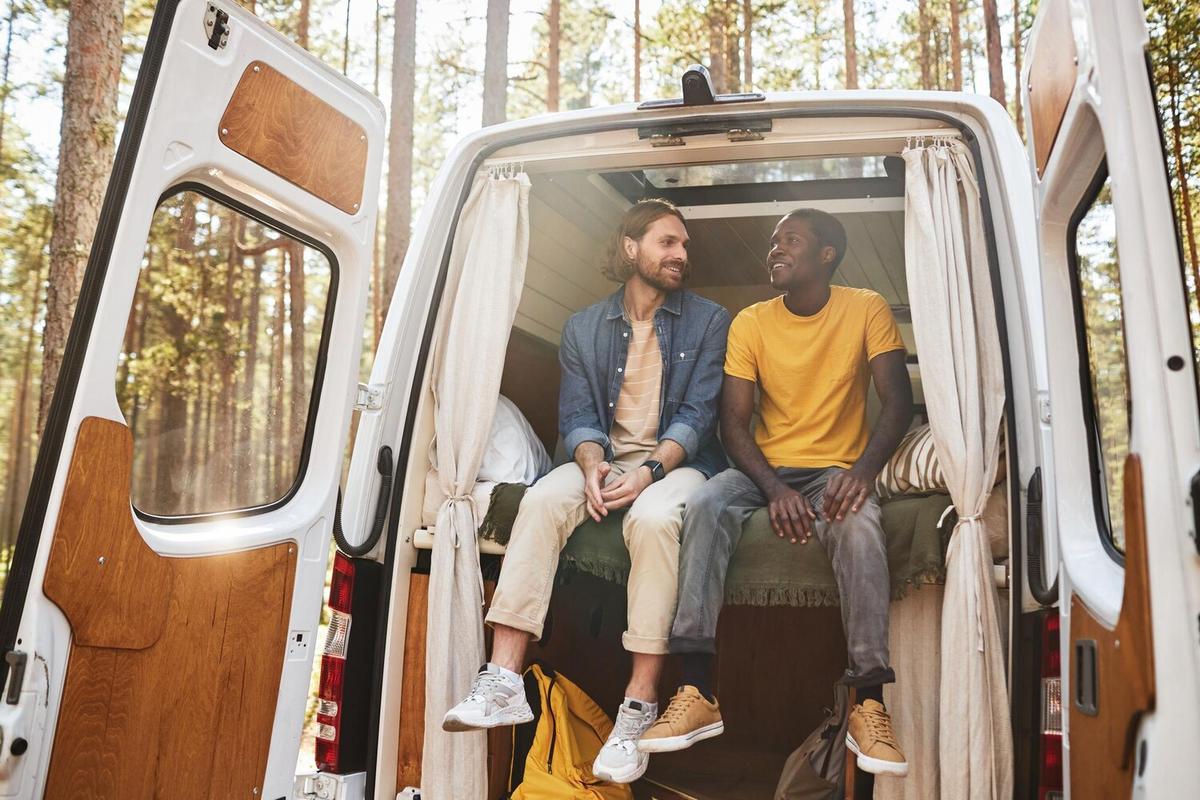
Sustainable Van Life: Eco-friendly Tips and Practices
Embracing the van life culture is an exciting adventure that allows freedom and flexibility on the open road. However, as we enjoy this lifestyle, it’s crucial to consider the environmental impact of our choices. Sustainable van life is all about minimizing our carbon footprint while maximizing our positive impact on the planet.
Why Sustainable Van Life Matters
As more people adopt the van life lifestyle, the collective impact on the environment grows. According to the EPA, transportation alone contributes to 29% of the U.S. greenhouse gas emissions. By incorporating sustainable practices into our van life journey, we can significantly reduce our contribution to climate change.
Expert Opinions
“Sustainable van life is not just about reducing emissions; it’s about creating a harmonious relationship with nature,” says environmental expert and author, Paul Hawken.
Eco-friendly Tips and Practices
1. Choose a Fuel-Efficient Vehicle
Opt for a van that offers good fuel efficiency or consider converting your van to run on biodiesel. Fuel-efficient vehicles not only save money but also reduce carbon emissions.
2. Use Solar Panels
Installing solar panels on your van is a great way to harness renewable energy. This setup allows you to power your appliances and devices without relying on fossil fuels.
3. Minimize Waste
Practice the three R’s: Reduce, Reuse, and Recycle. Use reusable containers, avoid single-use plastics, and recycle whenever possible. Composting organic waste is also a sustainable option.
4. Conserve Water
Water is a precious resource, especially on the road. Use water-saving fixtures, such as low-flow faucets and showerheads. Collecting rainwater for non-drinking purposes is another effective method.
5. Support Local and Sustainable Products
When shopping for food and supplies, prioritize local markets and sustainable products. This not only supports local economies but also reduces the carbon footprint associated with transportation.
Pro Tip: Carry a portable water filter to refill your water supply safely from natural sources, reducing the need for bottled water.
Personal Anecdotes
During our first year of van life, we installed a composting toilet and a solar water heater. These changes not only made our lifestyle more sustainable but also enhanced our overall comfort. The composting toilet significantly reduced water usage, and the solar water heater provided a reliable source of hot water without using electricity.
Comparison Table: Traditional vs. Sustainable Van Life Practices
| Practice | Traditional | Sustainable |
|---|---|---|
| Energy Source | Gas Generator | Solar Panels |
| Water Usage | Regular Faucet | Low-flow Fixtures |
| Waste Management | Disposable Products | Reusable Containers |
| Fuel Efficiency | Average MPG | High MPG/Biodiesel |
| Food Supply | Supermarkets | Local Markets |
| Heating | Propane Heater | Solar Water Heater |
| Toilet | Regular Flush | Composting Toilet |
| Lighting | Incandescent Bulbs | LED Lights |
FAQs
How can I reduce energy consumption in my van?
Use energy-efficient appliances, LED lighting, and solar panels to reduce reliance on non-renewable energy sources.
Is it difficult to install solar panels on a van?
While it requires some technical knowledge, there are numerous guides and professionals who can assist with the installation.
What are the benefits of a composting toilet?
Composting toilets save water and reduce waste, making them an eco-friendly alternative to traditional flush toilets.
Actionable Tips for Sustainable Van Life
- Plan routes to minimize driving distance and maximize fuel efficiency.
- Participate in local clean-up events during your travels.
- Educate fellow van lifers on sustainable practices.
Conclusion
Sustainable van life is a rewarding and responsible way to explore the world. By adopting eco-friendly practices, we can enjoy the freedom of the open road while preserving the environment for future generations. Start implementing these tips today and become a steward of the planet as you embark on your van life journey.


